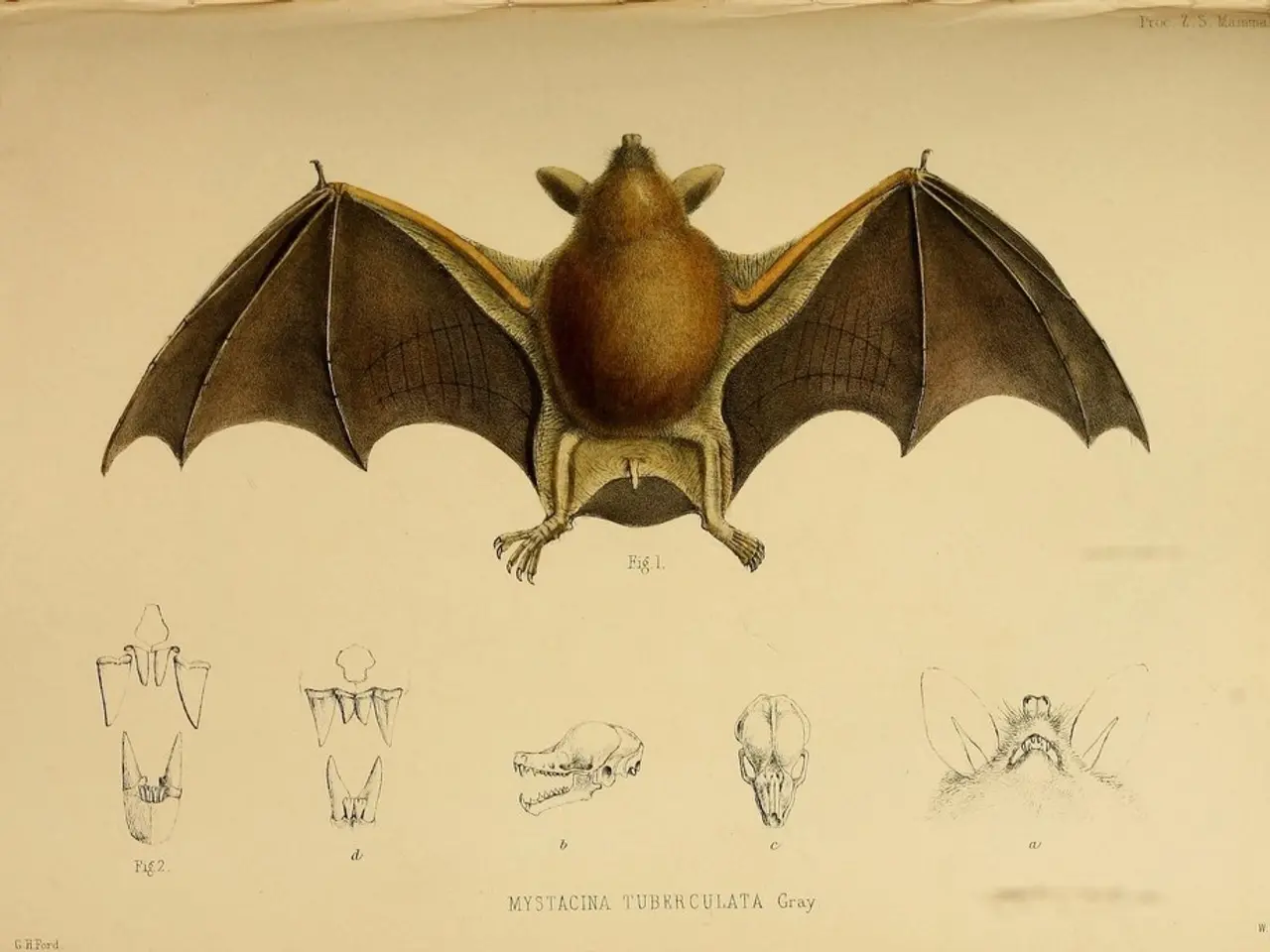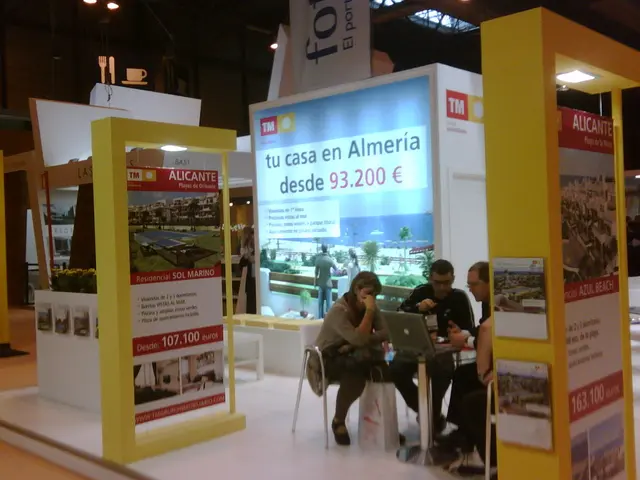Ford's Aim for domestic production: Electrifying U.S. with homegrown battery assembly
Ford Investing Heavily in Lithium Iron Phosphate (LFP) Batteries for Affordable EV Production
In a significant move towards electric vehicle (EV) manufacturing, Ford is focusing on battery production in the United States to meet future targets and compete with rival companies. The automaker has announced an investment of $3.5 billion in a factory in Michigan to produce cheaper LFP batteries, with plans to open the facility in 2026 [1][3].
The BlueOval Battery Park in Marshall, Michigan, will be the first U.S. factory to manufacture LFP cells for automotive applications. This investment will enable Ford to offer EVs starting under $30,000 from around 2027, aiming for greater mainstream acceptance [1][2][4].
The LFP batteries, which are cobalt- and nickel-free, will reduce reliance on rare and expensive minerals, lowering battery production costs. This cost reduction will be coupled with the structural integration of LFP battery packs into the vehicle floor, providing weight savings, improved handling, a quieter cabin, and more interior space [5].
Ford's new Universal EV Platform and Production System, designed to reduce parts and assembly time, will further boost manufacturing efficiency and scalability [5].
In addition to the Michigan factory, Ford is collaborating with Solid Power to develop solid-state batteries (SSBs) for future vehicles. This partnership includes a joint venture called BlueOval SK with SK Innovation [8].
Ford is also working with CATL to produce LFP battery cells and will receive LFP battery packs for the Mach-E SUV and the F-150 Lightning in North America starting in early 2024 [7]. However, political tensions between the U.S. and China may pose obstacles for Ford's licensing agreement with CATL in the future.
The investment in LFP batteries will strengthen Ford's domestic supply chain by reducing dependence on Chinese battery suppliers and technologies. The Michigan battery plant will employ 1,700 workers and support nearly 4,000 total jobs from the broader $5 billion investment [1][2][3].
Lower-cost, durable, and safer LFP batteries give Ford a competitive edge against global manufacturers dominant in LFP technologies, especially Chinese firms like BYD and Geely. CEO Jim Farley has described this push as a "Model T moment" for the electric age, marking a strategic shift towards affordable and sustainable EV production [2][4][5].
Ford's sales performance has been impressive, with the company selling 4.2 million vehicles worldwide in 2022, representing a 9.9% increase in Q2 2023 compared to Q2 2022 [6]. The new factory will end the necessity of importing batteries, fastening EV production.
Ford's investment in LFP batteries is in line with the Biden administration's executive order, which requires at least 40% of battery materials to be sourced from North America or US companies by 2024 for automakers to benefit from federal tax credits [9].
Sources:
- Ford invests $3.5 billion in Michigan battery plant to produce cheaper lithium iron phosphate batteries
- Ford's Lithium Iron Phosphate Battery Investment: A Model T Moment for the Electric Age
- Ford to open LFP battery factory in 2026, ending need for importing batteries
- Ford's Lithium Iron Phosphate Battery Strategy: A Game Changer for the EV Market
- Ford's Lithium Iron Phosphate Battery Investment: A Comprehensive Analysis
- Ford Sales Up 9.9% in Q2 2023, Sells 4.2 Million Vehicles Worldwide in 2022
- CATL to provide LFP battery packs for Ford's Mach-E SUV and F-150 Lightning in North America
- Ford announces joint venture with SK Innovation to develop solid-state batteries
- Biden administration's executive order requires 40% of battery materials sourced domestically by 2024
The investment in LFP batteries by Ford will contribute to the domestic industry and business, particularly in the energy sector, as the BlueOval Battery Park in Michigan will enlist 1,700 workers and support the creation of nearly 4,000 jobs, strengthening the supply chain by reducing dependence on foreign suppliers. In the realm of finance, this investment aligns with the Biden administration's executive order, aiming to source at least 40% of battery materials domestically by 2024 to qualify for federal tax credits. Furthermore, Ford's strategic collaborations with technology companies like Solid Power and CATL indicate a focus on advancements in battery technology to remain competitive in the global market.






